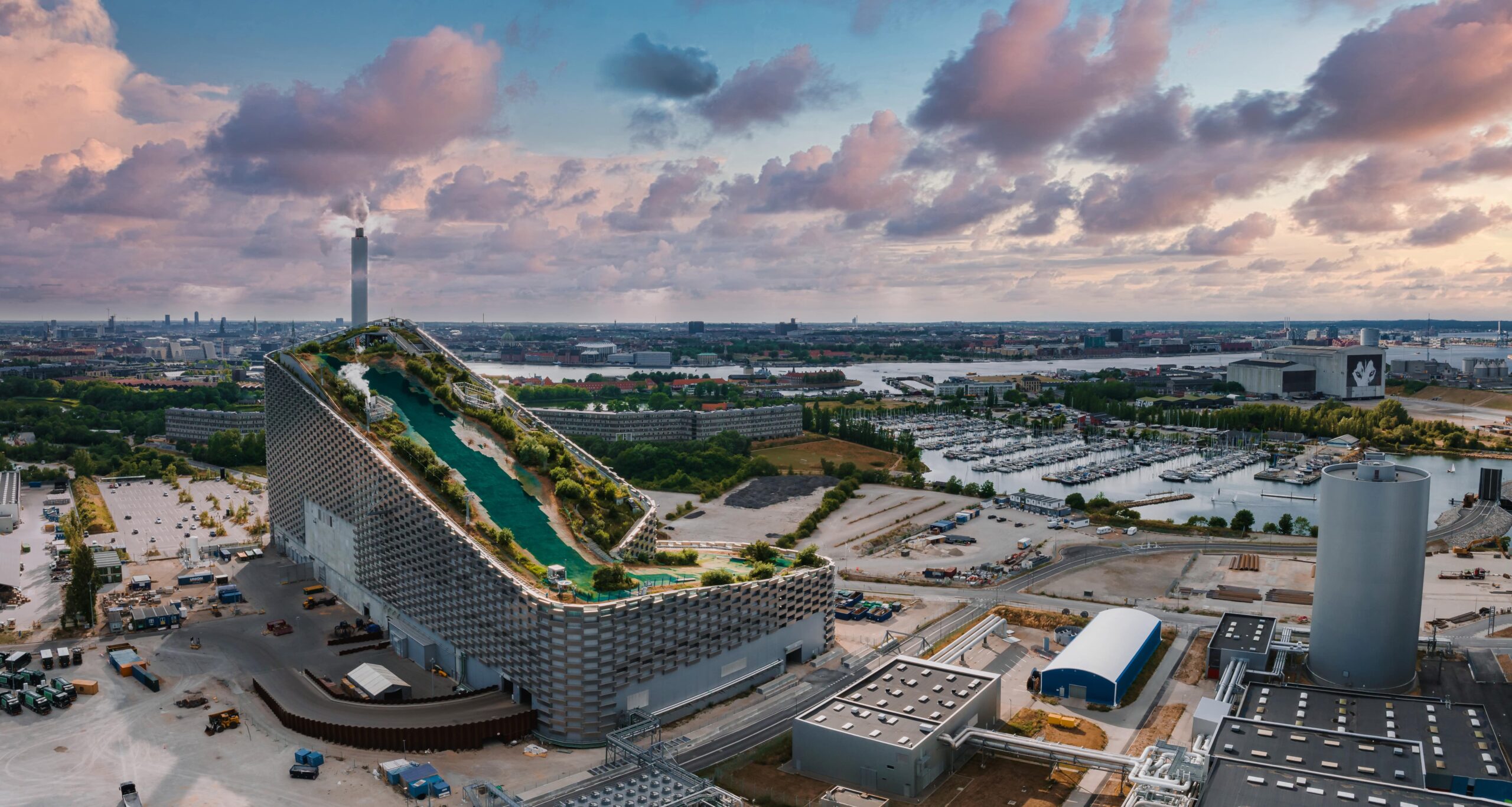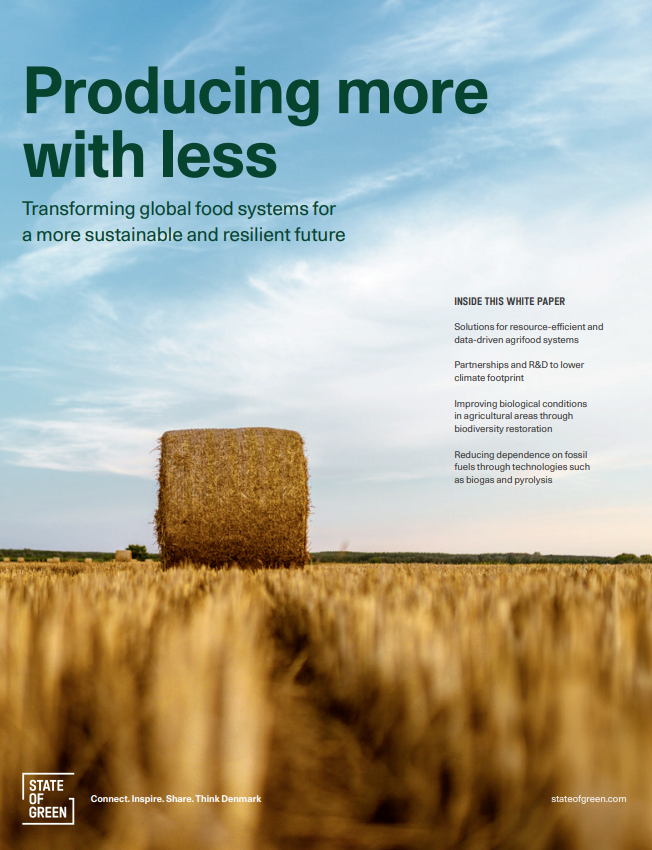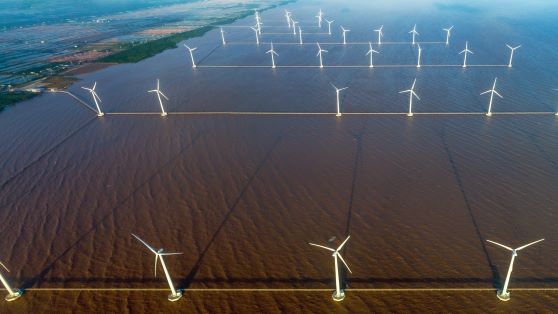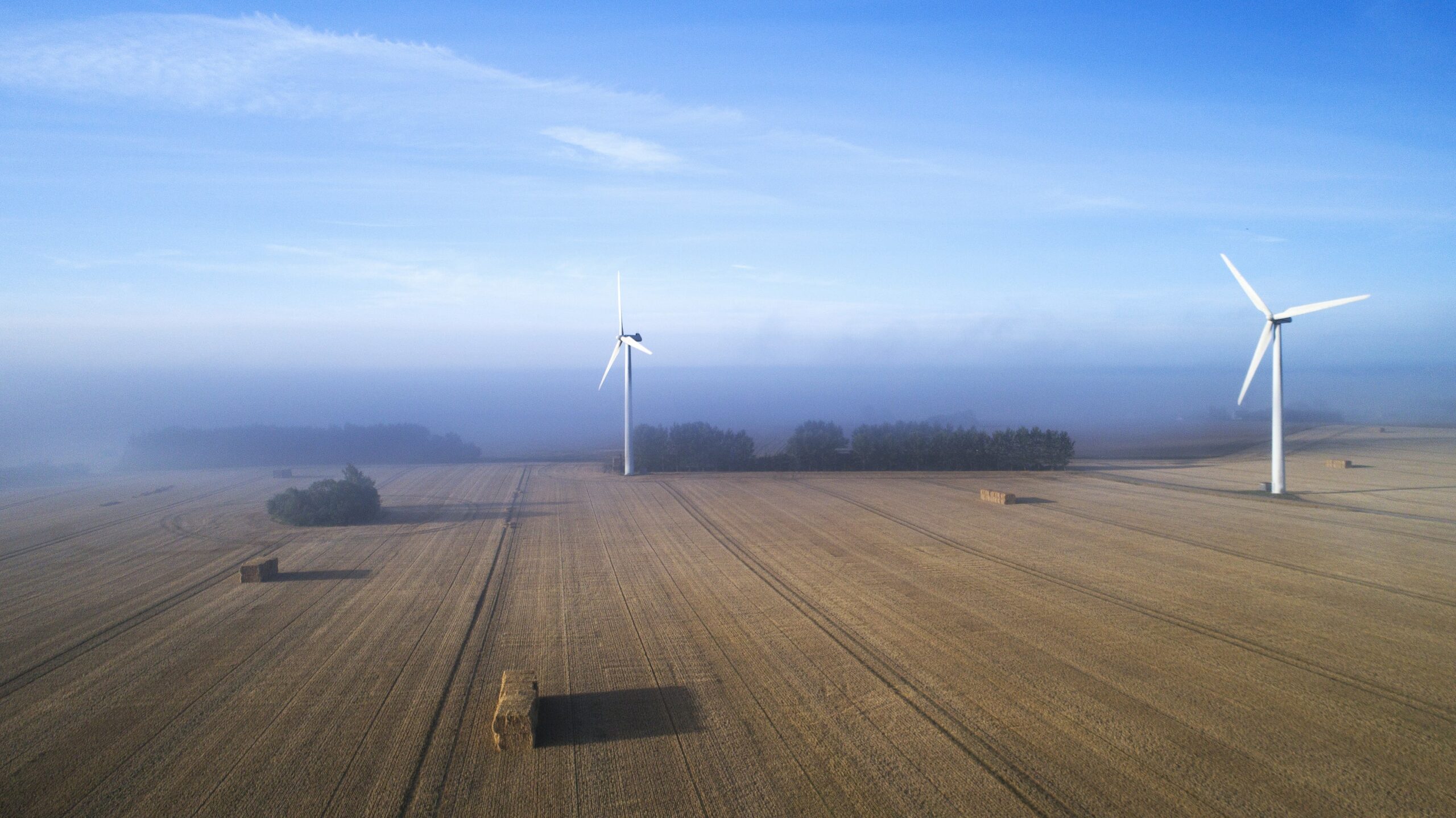News
Biogas
Waste-to-energy
Bio Plant for Handling Unsorted Household Waste Without Prior Treatment in the UK


The ground-breaking technology, REnescience, has been developed by DONG Energy and tested at a demonstration plant in Copenhagen since 2009. The new plant, the first commercial full-scale plant, will be built in Northwich near Manchester and will ensure that a larger part of UK waste will be recycled and converted into biogas.
Thomas Dalsgaard, Executive Vice President, DONG Energy, said: "The decision to build the first plant is a very important step in our roll-out of the REnescience biotechnology. This is an entirely new way of treating household waste where we very effectively can ensure that we get as many resources as possible from our waste."
The plant will have an annual capacity of 120,000 tonnes of waste, corresponding to the waste from almost 110,000 households. The waste will be supplied by the UK waste management company FCC Environment, which already collects household waste in the region.
Richard Belfield, Group Development Director, FCC Environment, said: “This is an exciting new technology for the disposal of municipal residual waste which is potentially set to revolutionise our thinking as an industry of what can be achieved. Not only does this technology convert waste into energy without the need for the combustion of the waste, it will for the first time, be able to extract the valuable recyclable materials which so far have been difficult if not out of reach in traditional municipal residual waste treatment processes.”
The REnescience technlogy is an entirely new way of treating household waste.
Ready for commissioning in early 2017
The design and planning of the plant in Northwich have been completed, and the majority of the supply and installation contracts have been concluded. DONG Energy expects construction work to begin at the end of February 2016, and that the plant will be commissioned in early 2017.
"We look forward to having this first plant in operation. With the increasing requirements for waste recycling and the global need for making better use of our resources, we need technologies such as REnescience that can handle our waste in a much smarter manner," said Thomas Dalsgaard.
The REnescience plant in Northwich will be able to receive unsorted household waste, which – through enzyme treatment – will be converted into, among other things, a considerable amount of biogas as well as recyclable plastics and metals. The biogas is converted to green power via gas engines.
About REnescience
Today's waste handling systems often rely on old fashioned methods for separating MSW. They require households to sort waste into different bins for organic waste and plastic, metal, glass etc., which again requires the waste collectors to transport the different waste separately.
REnescience sorts waste much more effectively than individuals. It sorts out the non-degradable parts (glass, wood, plastic, metals etc.) and produce 4 to 5 times the amount of biogas from the biodegradable parts (food and paper waste) compared to sorting systems handled by individuals.
REnescience breaks with today’s practice of waste disposal and collection by centralizing the sorting of the waste - and in a more environmentally friendly way. Establishment of a REnescience plant is not necessarily a question of "either or", it can be "both and" in terms of source separation and centralized separation.
The REnescience is cheaper and offers higher recycling rates than existing technology. Waste operators and local communities can potentially achieve lower waste treatment costs by using REnescience compared to a new waste incineration plant because:
- Biogas is often incentivised by government schemes enabling even higher margins or reductions of gate-fees when competing in waste tenders
- The collection system for REnescience is simpler than those for source separation systems and savings of substantial logistical costs can be achieved
- The recyclable materials can generate a significant positive impact on plant economics when sold as valuable resources
Read more about REnescience: http://www.renescience.com/en
You should consider reading
events
Carbon capture, storage and utilisation
+4
CCUS Study Tour to Denmark
25 April 2024publications
Resource efficient production
+15















